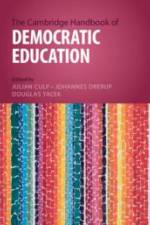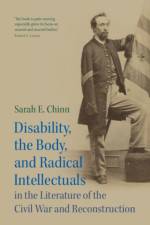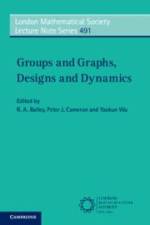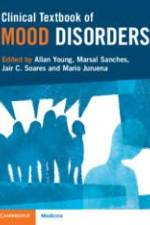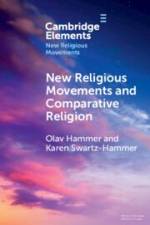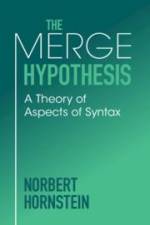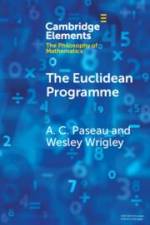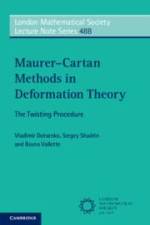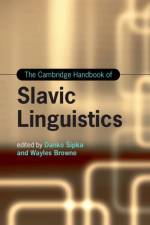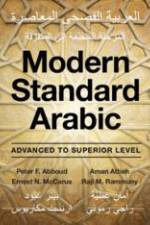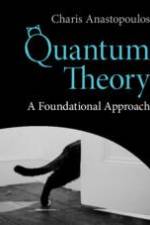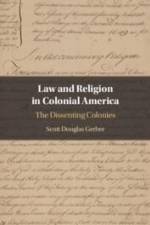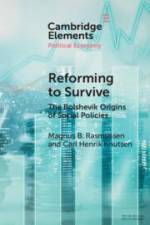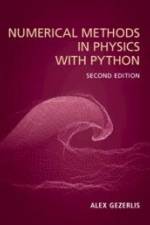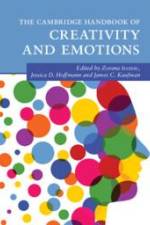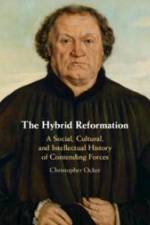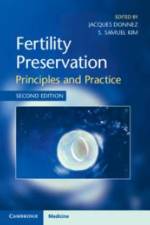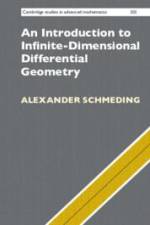av Christopher Ocker
1 151
Three basic forces dominated sixteenth-century religious life. Two polarized groups, Protestant and Catholic reformers, were shaped by theological debates, over the nature of the church, salvation, prayer, and other issues. These debates articulated critical, group-defining oppositions. Bystanders to the Catholic-Protestant competition were a third force. Their reactions to reformers were violent, opportunistic, hesitant, ambiguous, or serendipitous, much the way social historians have described common people in the Reformation for the last fifty years. But in an ecology of three forces, hesitations and compromises were natural, not just among ordinary people, but also, if more subtly, among reformers and theologians. In this volume, Christopher Ocker offers a constructive and nuanced alternative to the received understanding of the Reformation. Combining the methods of intellectual, cultural, and social history, his book demonstrates how the Reformation became a hybrid movement produced by a binary of Catholic and Protestant self-definitions, by bystanders to religious debate, and by the hesitations and compromises made by all three groups during the religious controversy.


